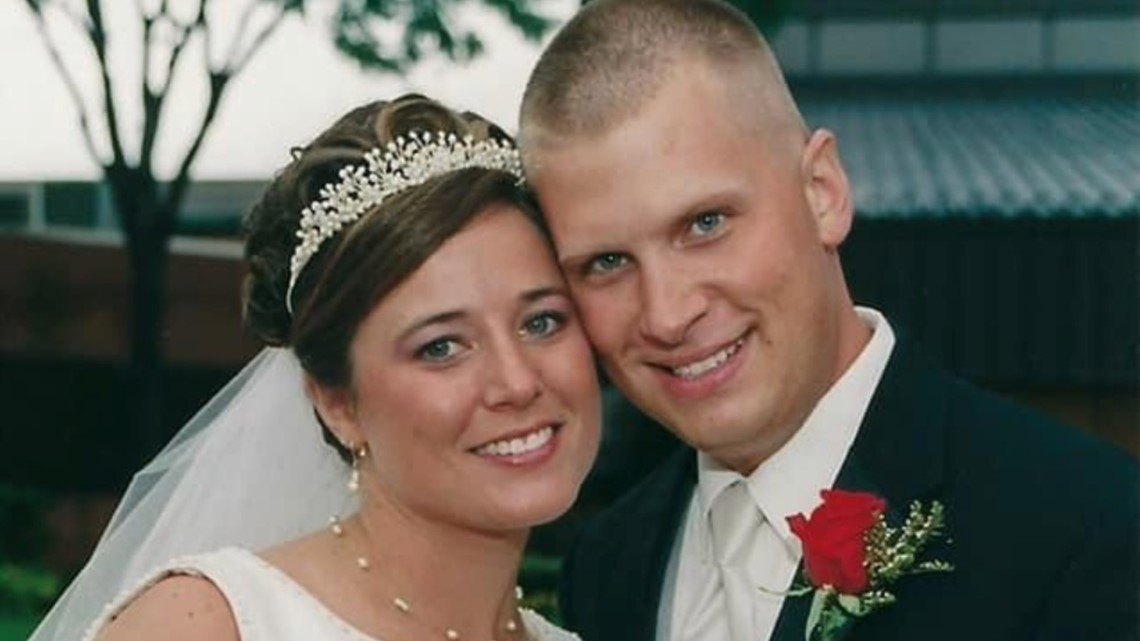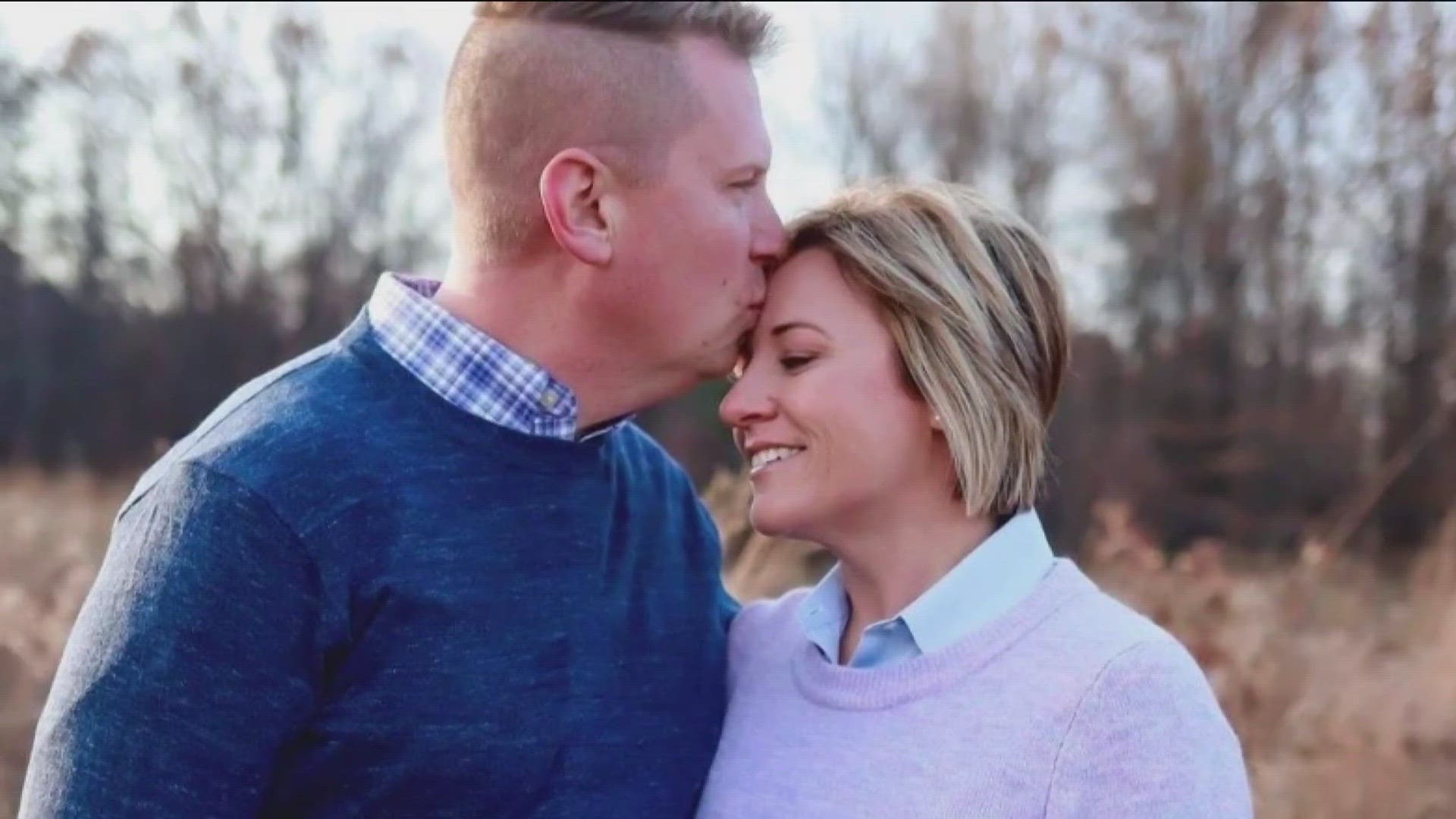LUCAS COUNTY, Ohio — "Suck it up, Buttercup" is a phrase many area first responders said they've heard through the years.
Going from a fire to a fatal car crash to a shooting or domestic dispute, sometimes all in one day, is a real possibility for first responders. Regular responses to calls like these, while necessary, can cause lasting damage to first responders' mental health.
First H.E.L.P., a national organization that works to reduce mental health stigma among first responders, said an average person can see two or three traumatic incidents in their life, while first responders can see more than 180.
Sara Shaw, an officer with the Oregon Police Department, has responded to many of those calls and more in her 22 years with the department.
"Anything to do with kids is hard, especially when you can identify with your own children," Shaw said.
Shaw's job is one she said she's wanted to do since high school. She's also a school resource officer for Oregon City Schools and Cardinal Stritch Catholic High School and Academy.
"People expect us to be superheroes and we don't have capes on these uniforms," Shaw said.
The love for her job not only lead her to Oregon, but also to the love of her life: Mike Shaw.


"We met each other at a training at his police department," Shaw said.
Mike worked as an officer in the Findlay and Sylvania police departments for 22 years.
"Mike was kind of a part of everything, he was a crash investigator, crash reconstructionist, you can imagine some of those crashes that happen on the highway there in Sylvania," Shaw said.
But helping others at their worst can sometimes leave you at yours. Mike died by suicide in October 2020.
"I didn't know Mike was struggling to the extent that he was until about a year before he took his life," Shaw said. "The day that he walks out and he doesn't come back, I didn't know that's where he was in his mind. As soon as I saw the captain and someone I didn't know, I immediately knew."
That someone was a police chaplain, a person who provides emotional, moral and spiritual support to officers, staff and their families.
Dan Vickey, a Fremont-based chaplain, works with the Ohio State Highway Patrol District 2 and the Fremont police and fire departments.
"This job, this calling, involves the whole family," Vickey said.
Vickey became a chaplain five years ago. He saw the need for the role in law enforcement because his son is a police officer in Michigan.
Sara Shaw said Mike was in therapy and the couple had tough conversations about his mental health.
"I asked, are you going to hurt yourself? Do you feel like you want to do that? And he reassured me 'no, no I would never do that,'" she said.
Vickey said there is a stigma of being viewed as "weak" among first responders, which can be an obstacle to getting help.
"We use the phrase 'a backpack,'" Vickey said. "We put stuff in our backpack and it eventually gets full, too heavy to carry, so we have to empty some of the things out of that backpack."
Shaw said officers are good at compartmentalizing and can put traumatic incidents in the back of their minds. But if they don't address the trauma, it can be triggered in the future.
"All of a sudden it truly is the straw that breaks the camel's back for you," Shaw said. "Some small call, a smell, a sound, and all of a sudden everything is triggered. One of our daughter's toys was a toy that was set off during a raid that they were on one time and that was a trigger for him."
It's been nearly two and a half years of questions since Mike's death. Some of those questions are still left unanswered.
"I just wish I knew more," Shaw said, "Mike was never diagnosed with PTSD, but I have no doubt that that was a huge contributor to why we're living what we're living now."
Vickey said during his time as a chaplain, he has seen progress when it comes to first responders reaching out for help. Sometimes he will meet an officer in plain clothes at a Bob Evans, or at the church for private conversations.
"The old 'suck it up, buttercup, and move on,' you've probably heard of that if you've been around. We need to move beyond that," Vickey said.
Vickey added that he also wants to clear the stereotype that chaplains are pushing religion. He said they can have a conversation about God, but often times he has conversations about hunting, fishing, golf and other interests.
Shaw, like Vickey, sees progress among first responders and mental health.
"Officer wellness and mental health and all of the things that make an officer whole, we're getting better and that's all we can hope before because I don't think anyone has an exact answer," Shaw said.
If you're a first responder or know someone who would like to explore resources in Ohio, here are a few:
If you'd like to learn more about what the CDC has identified about first responders and suicide, click here.

